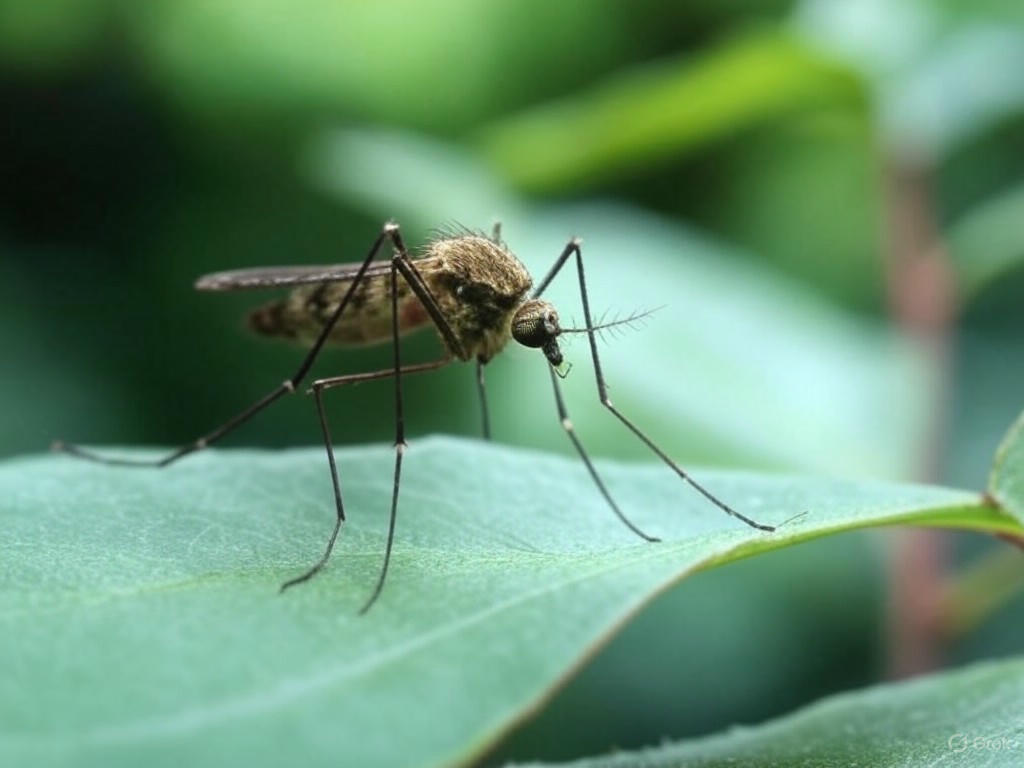In the ongoing battle between humans and mosquitoes, these tiny insects seem to have gained an upper hand through an unexpected weapon: sound. Recent research has revealed fascinating insights into how male mosquitoes use acoustic cues to locate females while simultaneously dodging human attempts to swat or trap them. This discovery sheds light on the intricate survival strategies of one of nature’s most persistent pests and could pave the way for innovative pest control methods.
Mosquitoes have long been a nuisance, notorious for spreading diseases like malaria and dengue fever. While we’ve developed repellents, nets, and traps to keep them at bay, these insects continue to adapt. Scientists have now uncovered that male mosquitoes rely heavily on sound to navigate their environment. By tuning into the distinct wingbeat frequencies of female mosquitoes, males can pinpoint their potential mates with astonishing precision, even in crowded or noisy settings. This auditory skill not only aids in reproduction but also plays a critical role in evading human interference. When a human hand approaches or a trap is nearby, mosquitoes can detect subtle changes in air movement and sound patterns, allowing them to dart away just in time.
The study, conducted by a team of entomologists and acousticians, involved observing mosquito behavior under controlled conditions. Researchers used high-sensitivity microphones to capture the faint hums produced by mosquito wings, which vibrate at specific frequencies. They found that males are particularly adept at distinguishing between the sounds of females and potential threats. For instance, the low-frequency vibrations caused by a swatting hand or the mechanical hum of a trap trigger an immediate flight response. This dual use of sound—both for mating and survival—demonstrates a level of sophistication that challenges our understanding of these insects’ capabilities. Beyond merely reacting to danger, mosquitoes appear to anticipate it, using sound as a real-time radar system.
What does this mean for humanity’s fight against mosquito-borne diseases? Traditional methods of control, such as chemical sprays, are losing effectiveness as mosquitoes develop resistance. The newfound knowledge of their acoustic prowess opens up exciting possibilities for non-toxic interventions. Scientists are exploring the idea of disrupting mosquito communication by broadcasting interfering sound frequencies that mask the wingbeats of females, potentially preventing mating. Alternatively, traps could be designed to mimic the sounds of predators or human movements, luring mosquitoes into a false sense of danger and capturing them more effectively.
As we delve deeper into the sensory world of mosquitoes, it becomes clear that these creatures are far more than mere annoyances. Their ability to harness sound for both romance and evasion highlights the complexity of nature’s smallest survivors. While this research marks a significant step forward, it also reminds us of the challenges ahead in outsmarting an insect that has thrived for millions of years. By listening to the whispers of their wings, we may finally turn the tide in our long-standing rivalry with mosquitoes.
